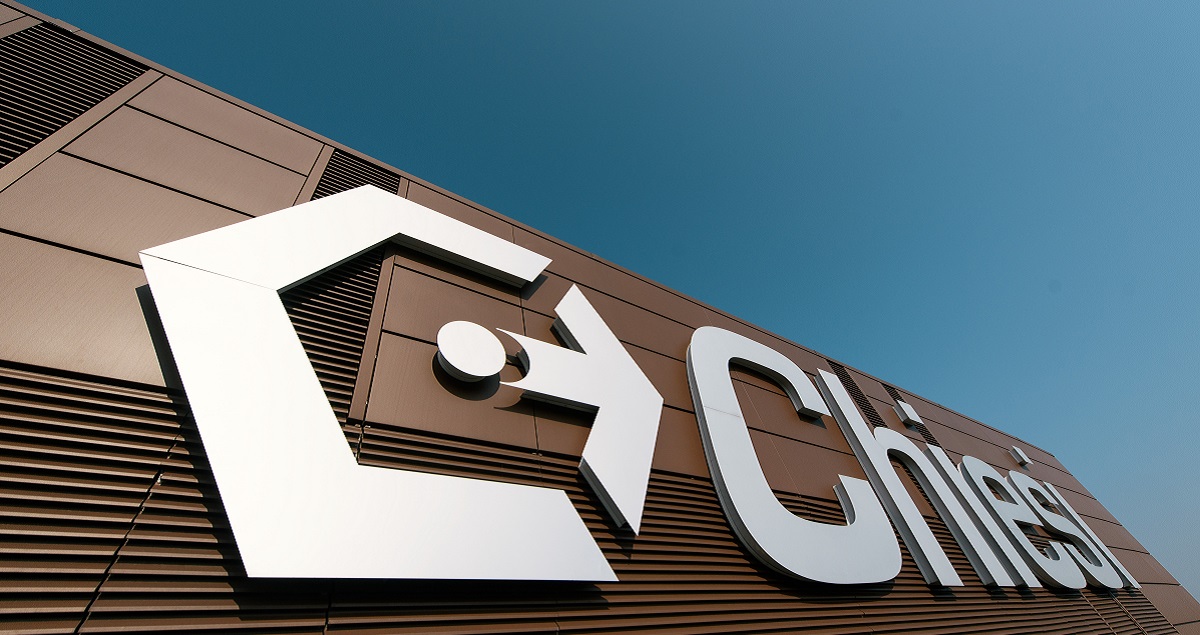Chiesi starts rare diseases division, ahead of potential Fabry disease filing

Italian pharma Chiesi has begun a new rare diseases division as it builds towards a potential commercial launch for its Fabry Disease therapy.
Chiesi, which is best known for its respiratory drugs, said it has created a new unit based in Boston, Massachusetts, one of the biggest bioscience hub cities in the US.
The company is based in Parma, Italy, but its decision to base the new division in Boston will move it close geographically to cutting edge R&D, and the people who are conducting it.
Chiesi markets treatments for the lysosomal storage disorders (LSDs) alpha‑mannosidosis and nephropathic cystinosis in select markets outside the US.
The company is also building and advancing a pipeline of novel therapies for the treatment of LSDs and other rare diseases.
In 2018, Chiesi acquired the rights to market, if approved, a long-term enzyme replacement therapy in the US, which is an investigational therapy currently in development for the potential treatment of Fabry disease.
The therapy, codenamed PRX‑102, was first developed by Israel-based biotech Protalix and is being tested in phase 3 clinical trials.
The FDA has not yet reviewed or approved the therapy, which would compete against Sanofi Genzyme’s Fabrazyme (agalsidase beta) and Amicus Therapeutics’ Galafold (migalastat) if it reaches the market.
Through its acquisition of Shire, Takeda also markets Replagal (agalsidase alfa) in Europe, although Shire withdrew a filing for this in the US in 2012 after the FDA asked for further clinical trials.
Giacomo Chiesi, head of Chiesi Global Rare Disease, said the company had launched its new unit to coincide with last week’s WORLDSymposium, one of the most important annual meetings focused on rare diseases.
He added: “We are very encouraged by the response to the establishment of Chiesi Global Rare Diseases from both the advocacy and treatment communities.
“We are dedicated to making rapid progress in our research and development programs and to being an active partner in opportunities to support patients and families.”













